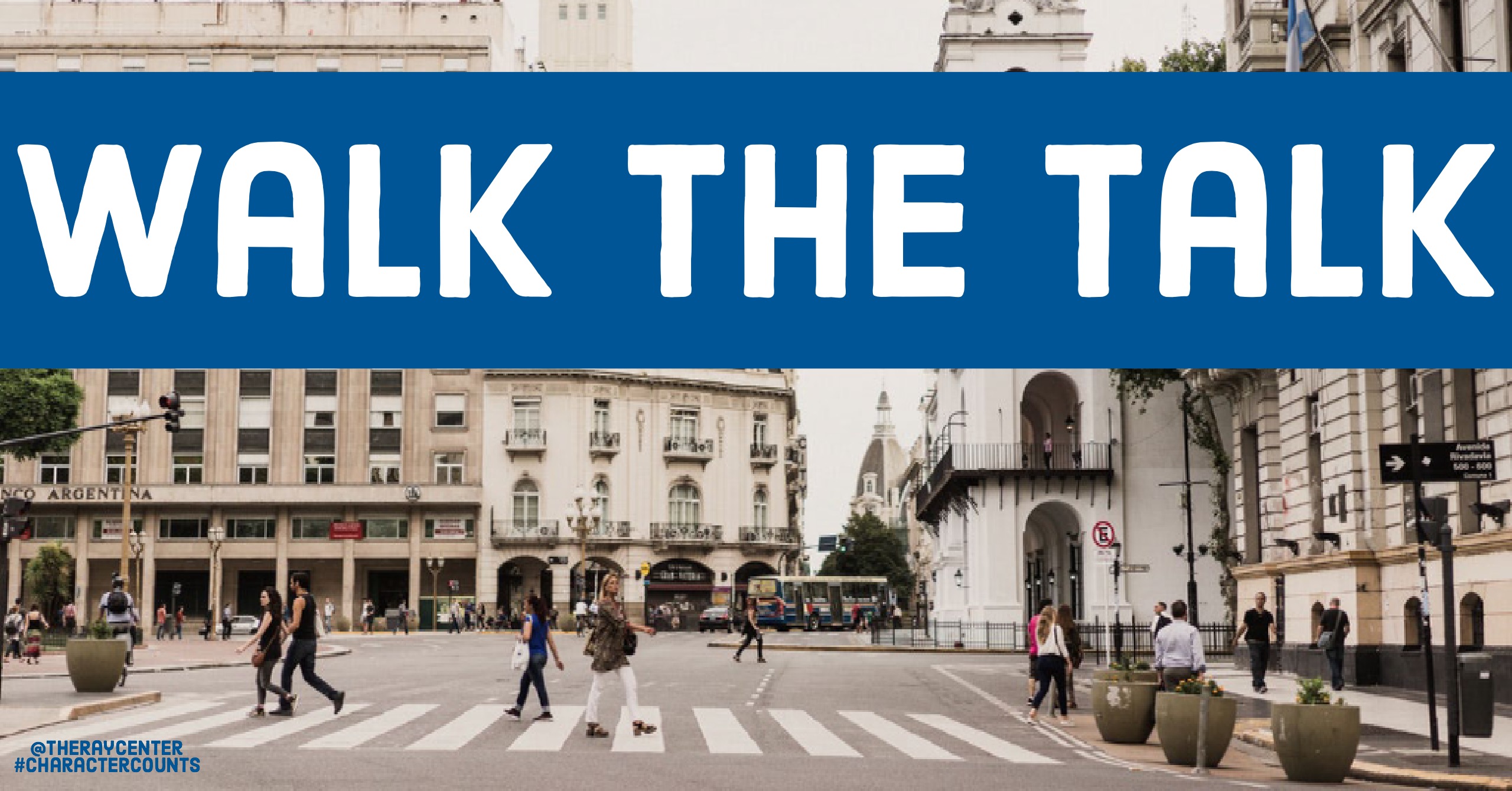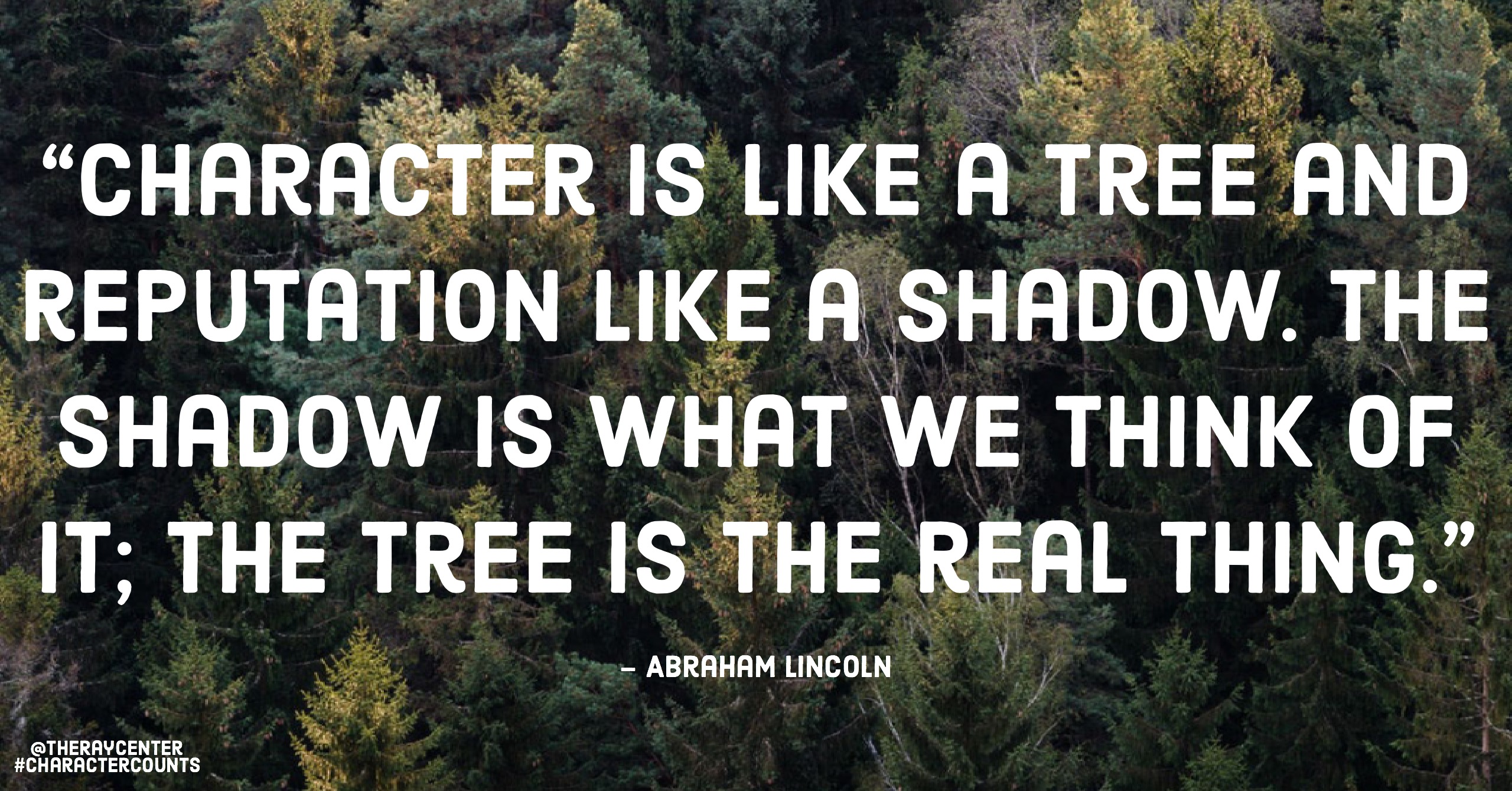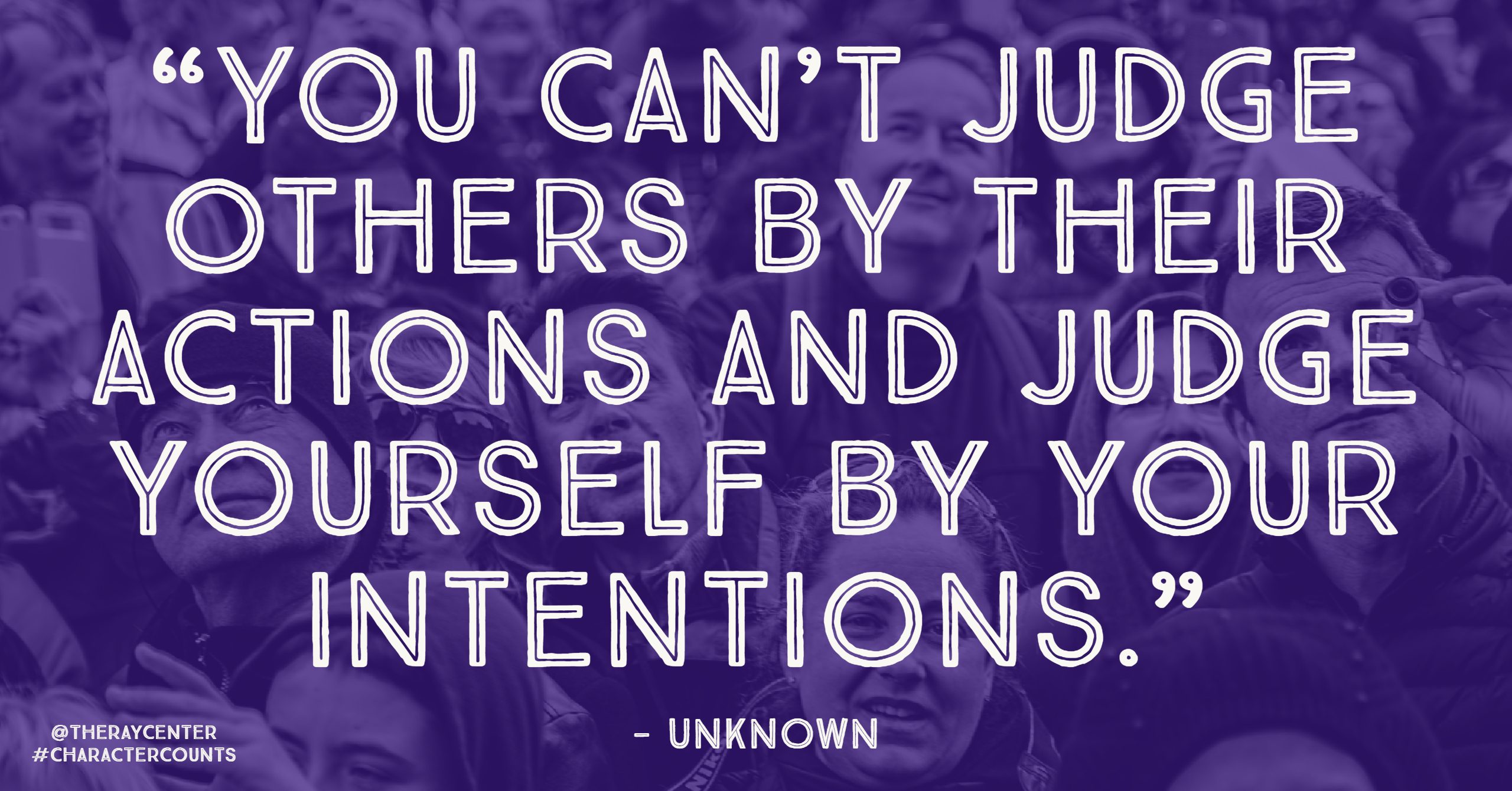Charlie Wittmack is an internationally renowned adventurer, a fellow in the Explorers’ Club, and the only American to have climbed Mount Everest and swum the English Channel. Last year he became the first person in history to complete the World Triathlon – a 10,000-mile triathlon stretching from rural England to the Himalayas in Nepal. The following excerpt is from Wittmack’s blog about the journey.
Cycling Torugart Pass
The Torugart Pass is part of the ancient Silk Road trading route between Europe and Asia and the modern border between Kyrgyzstan and China. At over 13,000 feet, it is widely considered the most difficult border crossing in the world, a reputation earned because of the deep snow and strong winds that are prevalent at the Pass.
In my research of the route I had found only a handful of accounts of individuals reaching the Torugart Pass by bicycle. To reach the Pass itself, you must travel 250 miles through the Tian Shan mountains, frequently over snow and ice, while scaling numerous mountain passes. After studying the maps and reading everything I could find on the route, it looked like the perfect challenge.
After cycling across the deserts of Kazakhstan and Russia for almost a month, I was excited to start climbing into the mountains. As I rode, it seemed that each foot of elevation gain was accompanied by a rush of endorphins and after a couple of days of climbing I began to forget about my struggles in the desert. However, just as the desert had wreaked havoc on my mind and body, it had also weakened my equipment. On my second day of climbing, the right shifter on my bicycle broke off in my hand. Unable to repair the part, I had to return to Bishkek to find a solution.
After a day of searching the city, I found a small shop that could rent me a bicycle. The rental was far from the quality that I required for Torugart, but it was the only option available. I rented the bike and headed back to the mountains with my fingers crossed.
On the second day of riding the rental, I got a flat tire. I tried to repair the tire in the freezing rain, but my bicycle pump froze and failed. I hid the bike in the tall grass and walked to the next town to find another pump. When I returned with the pump, the bike was gone.
The third bike broke almost as soon as I started to pedal. The conditions were now quite cold, the road incredibly steep, and the rear derailleur (the part that changes the gears in the back) snapped off as soon as I stood on the pedals and began to climb.
Each day I fell further and further behind schedule as the snow continued to fall in the Torugart Pass. The weekend came and the border closed, and I waited for a fourth bike to be sent from Bishkek.
On the fourth try, the escort vehicle, which was now following me quite closely, got a flat tire of its own.
On the fifth try, I made it.
At 6:51 on October 25 I rode my bike across Torugart Pass, fulfilling a childhood dream. The temperature was minus five, and I was tired and cold and emotional, but I had a warm heart. To reach the pass I had ridden across 70 km of snow and ice, and climbed three passes above 13,000 feet – all on a bicycle with only one gear.
As it turned out it wasn’t strength that allowed me to reach Torugart Pass, it was patience. So often when we are asked to stretch to reach a personal or professional goal, we don’t reach it on the first attempt. In the frustration of defeat we often have the desire to give up, but we have to be patient and try again.
On the Torugart Pass I learned that the fulfillment of reaching a goal that wasn’t easily attained was worth the wait.



